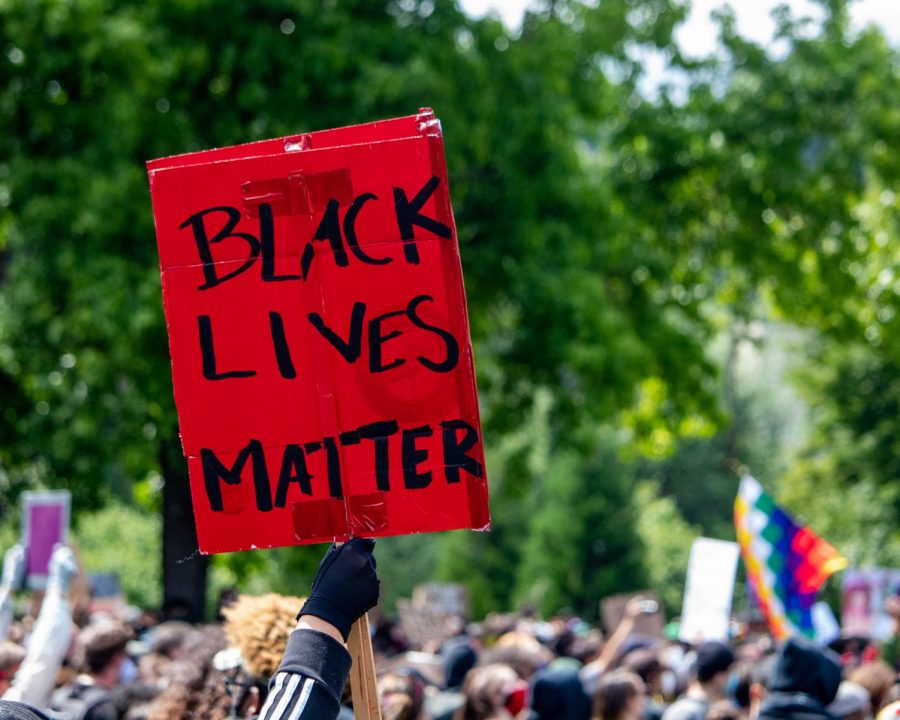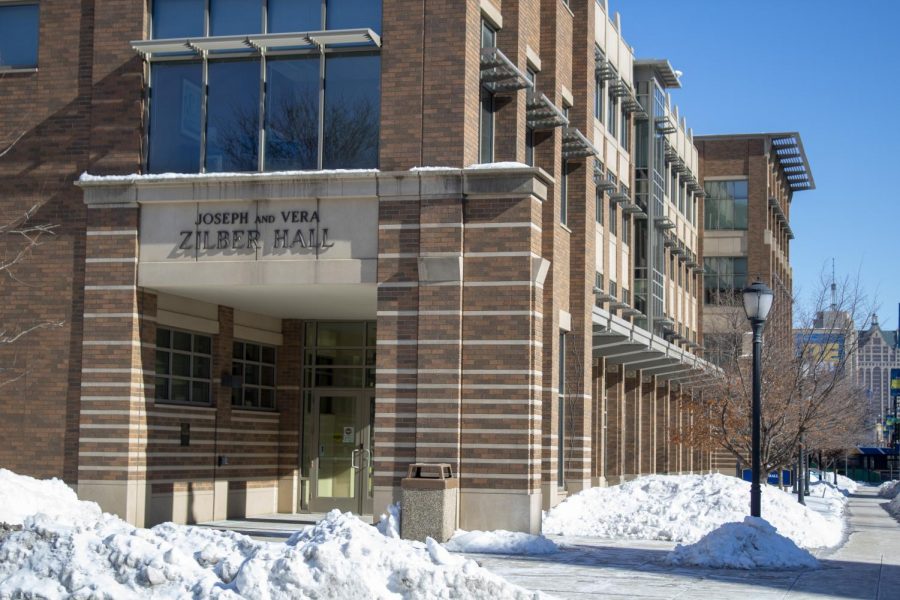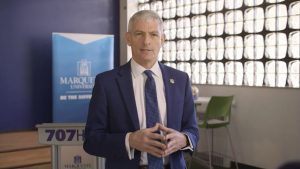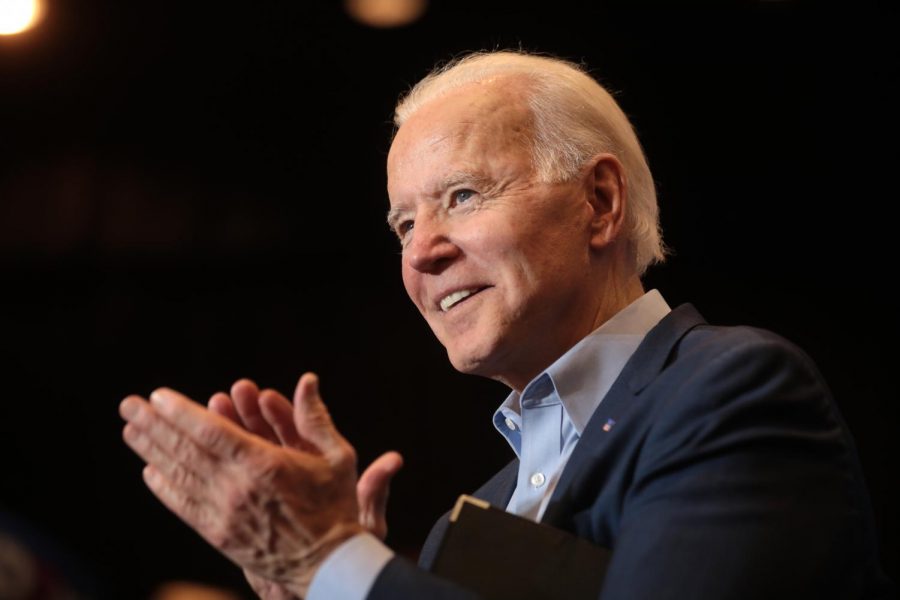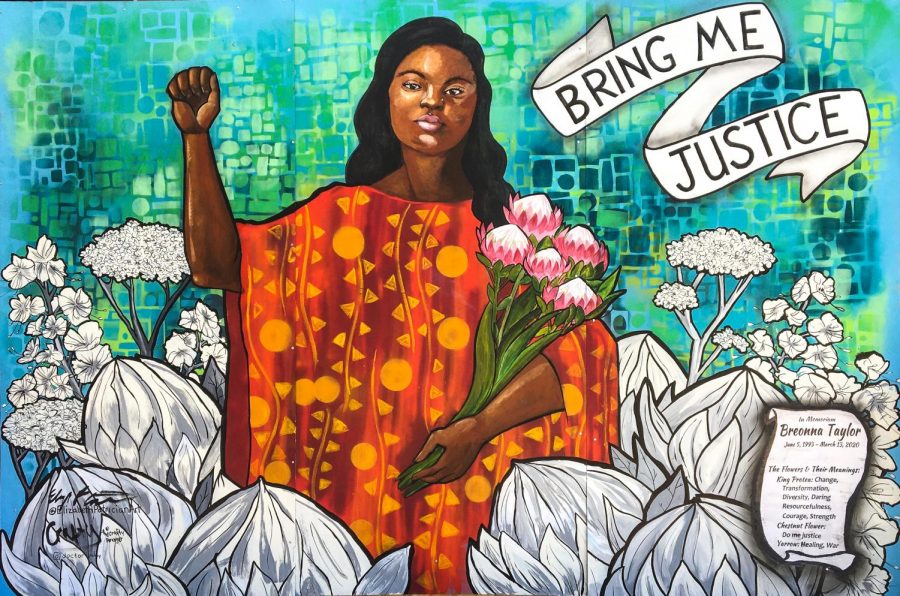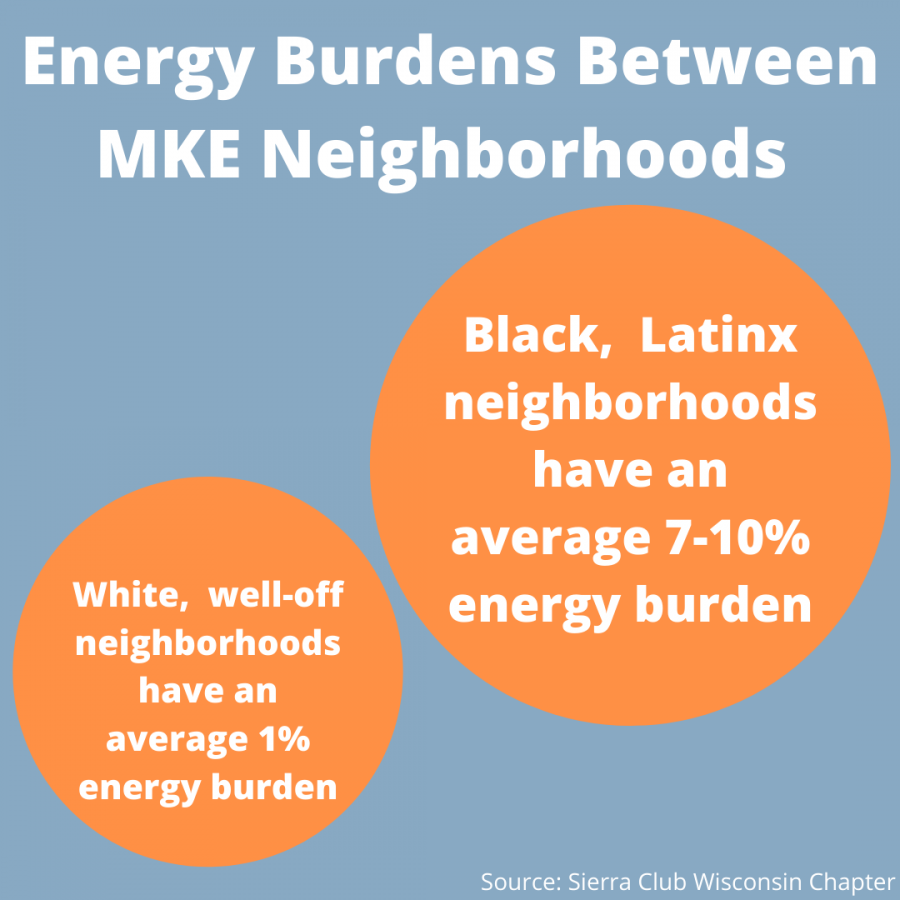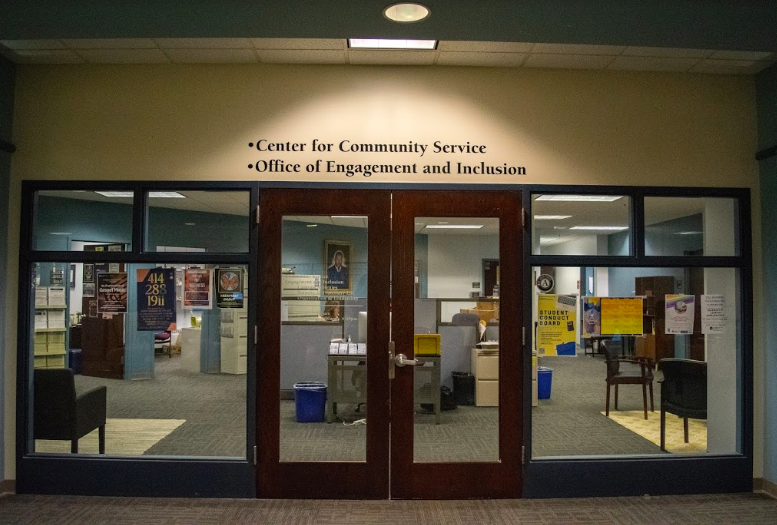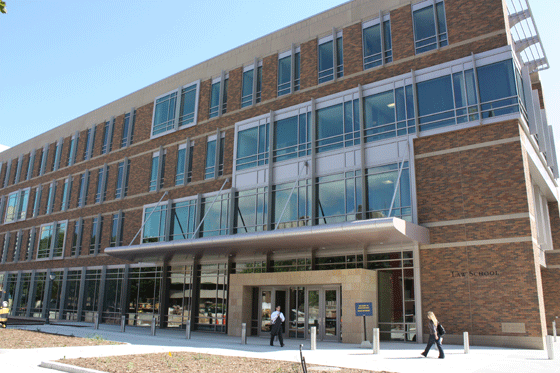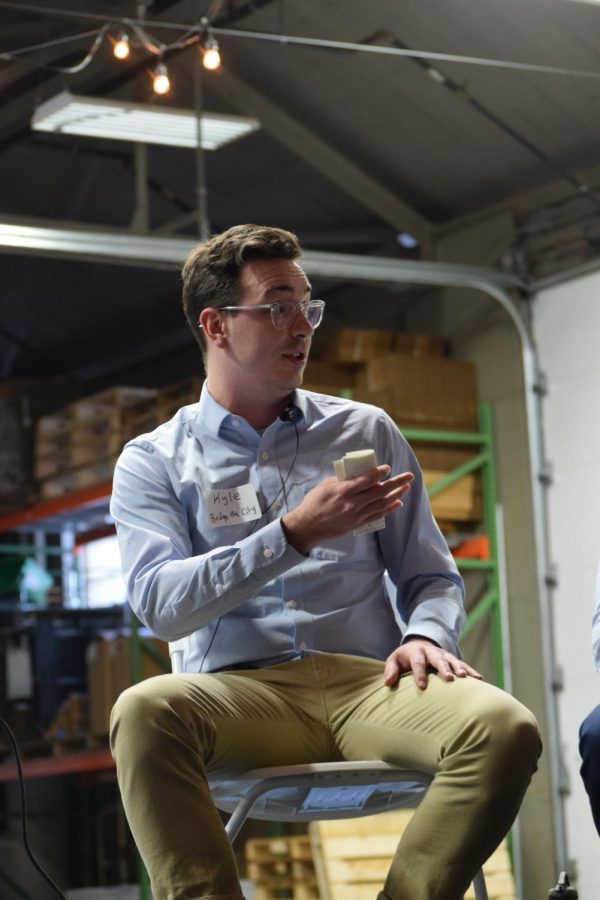Since videos of the murder of George Floyd surfaced in May 2020, millions of individuals around the United States and world knew and recognized that Minneapolis police officer Derek Chauvin killed Floyd, without any regard for Floyd’s life nor humanity.
As he knelt on Floyd’s neck for nearly 10 minutes, Floyd gasped for air and pleaded for his life. Chauvin did not care, and, ultimately, he caused Floyd to die.
Derek Chauvin murdered George Floyd. He committed a crime, both legally and morally.
We watched a man murder another — a power that no person should have.
A murder was committed on American soil by an individual and a policing institution that is supposed to protect and serve. There was no question that Chauvin was guilty of murdering Floyd and cutting his life short.
Yet, there was immense hesitation that America’s justice system would prevail and convict Chauvin of this brutal killing.
Brenda Hill, an advocate for lower-income communities in Detroit, stated it best: “We don’t have any trust in this criminal justice system … I should be assured that by this time everyone saw (the video of the murder). I’m disgusted, I’m hurt by everything.”
Especially among Black Americans, there is minimal trust in the criminal justice systems due to its history of inequitable and unjust rulings.
The Chauvin trial persisted for nearly three weeks from late March to April 20, where the prosecutors and the defense pled their cases, featuring testimonies by both prosecution and defense witnesses.
Two testimonies, most notably, expressed deep distraught, concern and discomfort when recalling the traumatic, fatal events that led to the murder.
Charles McMillian, a resident of Minneapolis, broke down in tears, noting that he told an officer on the scene, “Man, he said he can’t breathe,” and could tell Floyd was struggling and would eventually die at the hands of the officers.
Similarly, Darnella Frazier, the 18-year-old who filmed the murder, became overcome with emotions as she explained the scene, noting that Floyd was terrified and suffering. She even said that the longer Chauvin kneeled on Floyd’s neck, the more pressure he used.
Testimonies like these are not only emotional and filled with immense pain, but they provided significant evidence of Chauvin’s disregard for Floyd’s life.
Chauvin disrespected human life. In fact, he decided, by kneeling on Floyd’s neck for nearly ten minutes, that George Floyd’s life did not matter to him; He deemed Floyd’s life as insignificant.
The verdict, guilty of second-degree murder, third-degree murder and second-degree manslaughter, is a ruling of basic human rights, rights that individuals have the moment we are born into this nation, rights that George Floyd had: the right to life and the right to not be tortured.
There is no political agenda or argument that could take that away from Floyd.
The politicization of Black lives must not exist; Members of the Black community are human beings. There is a major difference in saying “Black Lives Matter” than there is “Blue Lives Matter.” Any effort to compare life to an occupation is absolutely absurd.
Black lives matter. It’s simple: The right to life is not political.
George Floyd existed as a human being, he deserves to be alive today and there is no excuse nor reasoning for his murder.
It is the right verdict. The jury did the right thing, not the courageous thing. It is the bare minimum standard of accountability.
Police officers rarely face criminal charges in regards to police brutality. They should not be above the law and continue to abuse their power. It is wrong and unjust. It is time to press charges against officers who use violence and hold them accountable.
The answer is simple: Chauvin is guilty, police brutality is guilty and policing is guilty. This was accountability. Justice has not been served. This was a mere step in the grand scheme of things.
Keeping the Floyd family in mind, it is essential that we pursue systemic change that ultimately removes structures that contribute toward white supremacy.
Police brutality is still on the stand and major, substantial reform is necessary immediately.
American citizens and politicians must commit to eliminating racial bias in policing and the criminal justice system. It is our duty and our right to commit toward an equitable America, free of prejudice and racial bias.
A more equitable America can only be achieved if people of different political ideologies work together and remain committed to racial justice.
We must take a stand for the human rights of Black, Indigenous and people of color in American society. We must further demand justice for all victims of police brutality and the systemic racism that perpetuates America’s systems.
This story was written by Max Pickart. He can be reached at max.pickart@marquette.edu.

